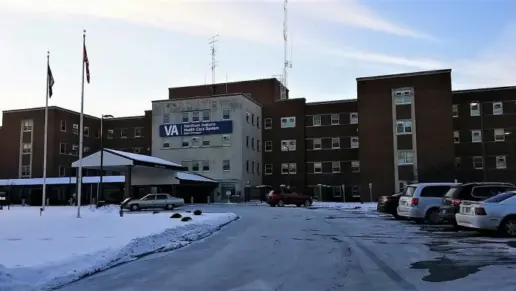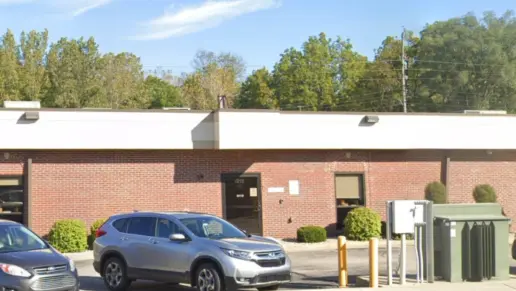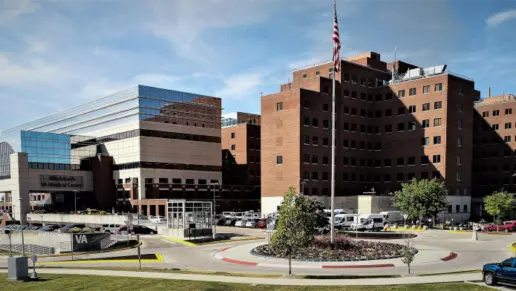About The Salvation Army – Fort Wayne
The Salvation Army - Fort Wayne is a community services organization with a lot of different programs like shelters and thrift stores. One of their programs is their Adult Recovery Centers (ARC) which is a drug and alcohol rehab program for men in Fort Wayne, Indiana.
The ARC program is a residential rehab program. It’s a 180 day program where you’ll live in the treatment center while receiving treatment like addiction counseling and group therapy. They have spiritual counseling, too, and life skills training.
A big part of the program here is work therapy. During your program, you’ll work up to 40 hours a week in the Salvation Army facilities like their thrift store and donation center. The goal is to give you a sense of accomplishment and establish habits and skills that will help you build a career in recovery. As your programs nears the end they’ll also help you apply for jobs so you can start your independent life in recovery with a strong and stable foundation.
What makes this program unique is that it’s completely free of charge. You don’t need to have insurance or qualify for a state program. Essentially the trade off is that you work for free during your program, and in exchange they provide addiction treatment as well as housing and food and other essentials.
The feedback about this program is very mixed. Some clients have found great success here and they say that it’s not an easy program but that it works if you put in the effort. Other clients have concerns that the organization prioritizes the labor over addiction treatment. Ultimately no program is a perfect fit for everyone so it may be a matter of whether or not this program suits you and your needs.
Facility Overview
Latest Reviews
Rehab Score
Gallery
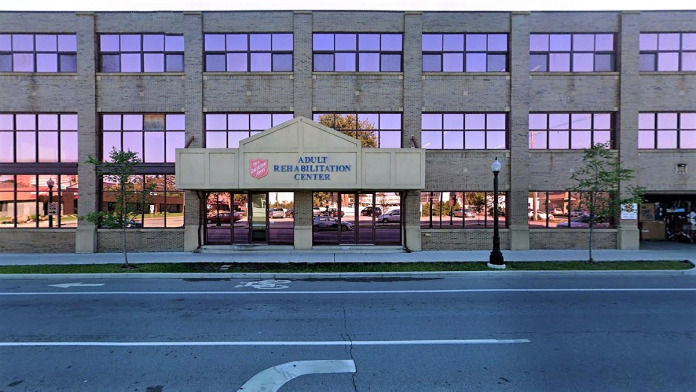
Location
Other Forms of Payment
Self-pay involves paying for treatment out of your own pocket. You can use savings or credit, get a personal loan, or receive help from family and friends to fund your treatment. If you don't have insurance or your insurance plan doesn't cover a specific program, self-pay can help ensure you still get the care you need.
Sliding scale payments are based on a client's income and family size. The goal is to make treatment affordable to everyone. By taking these factors into account, addiction recovery care providers help ensure that your treatment does not become a financial burden to you or your family, eliminating one barrier to care.
Addiction Treatments
Levels of Care
Treatments
The goal of treatment for alcoholism is abstinence. Those with poor social support, poor motivation, or psychiatric disorders tend to relapse within a few years of treatment. For these people, success is measured by longer periods of abstinence, reduced use of alcohol, better health, and improved social functioning. Recovery and Maintenance are usually based on 12 step programs and AA meetings.
For long-term recovery from drug addiction, drug rehab in Indiana is often key. This treatment gives individuals who are struggling with a substance use disorder the tools to manage their disorder and achieve long-term sobriety.
Opioid rehabs specialize in supporting those recovering from opioid addiction. They treat those suffering from addiction to illegal opioids like heroin, as well as prescription drugs like oxycodone. These centers typically combine both physical as well as mental and emotional support to help stop addiction. Physical support often includes medical detox and subsequent medical support (including medication), and mental support includes in-depth therapy to address the underlying causes of addiction.
Substance rehabs focus on helping individuals recover from substance abuse, including alcohol and drug addiction (both illegal and prescription drugs). They often include the opportunity to engage in both individual as well as group therapy.
Programs


Clinical Services
Cognitive Behavioral Therapy (CBT) is a therapy modality that focuses on the relationship between one's thoughts, feelings, and behaviors. It is used to establish and allow for healthy responses to thoughts and feelings (instead of unhealthy responses, like using drugs or alcohol). CBT has been proven effective for recovering addicts of all kinds, and is used to strengthen a patient's own self-awareness and ability to self-regulate. CBT allows individuals to monitor their own emotional state, become more adept at communicating with others, and manage stress without needing to engage in substance abuse.
Research clearly demonstrates that recovery is far more successful and sustainable when loved ones like family members participate in rehab and substance abuse treatment. Genetic factors may be at play when it comes to drug and alcohol addiction, as well as mental health issues. Family dynamics often play a critical role in addiction triggers, and if properly educated, family members can be a strong source of support when it comes to rehabilitation. The family education program offers information on chemical dependency, treatment process, recovery skills, family involvement and provides support to families while the client is in treatment. Family members are given information on 12-step programs for their own recovery.
Group therapy is any therapeutic work that happens in a group (not one-on-one). There are a number of different group therapy modalities, including support groups, experiential therapy, psycho-education, and more. Group therapy involves treatment as well as processing interaction between group members.
In individual therapy, a patient meets one-on-one with a trained psychologist or counselor. Therapy is a pivotal part of effective substance abuse treatment, as it often covers root causes of addiction, including challenges faced by the patient in their social, family, and work/school life.
Life skills trainings involve all the skills a person must have in order to function successfully in the world. These include time management, career guidance, money management, and effective communication. Truly successful addiction recovery is based on the ability to not only live substance-free, but to thrive. Life skills teaches the practical necessities of functioning in society, which sets clients up for success in life, and therefore sobriety.
Staff
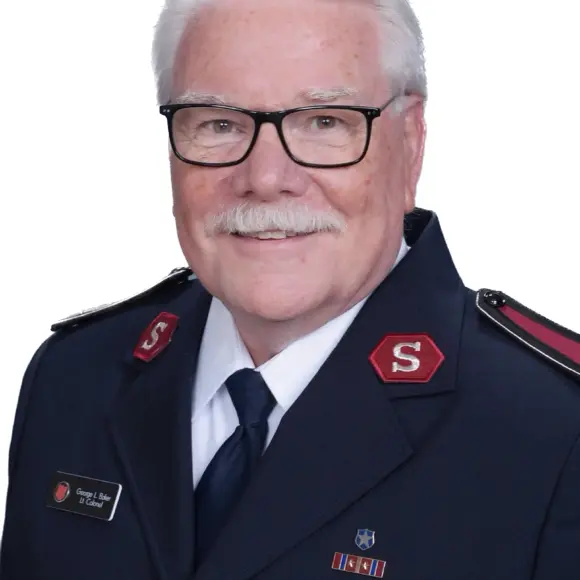
Executive Director
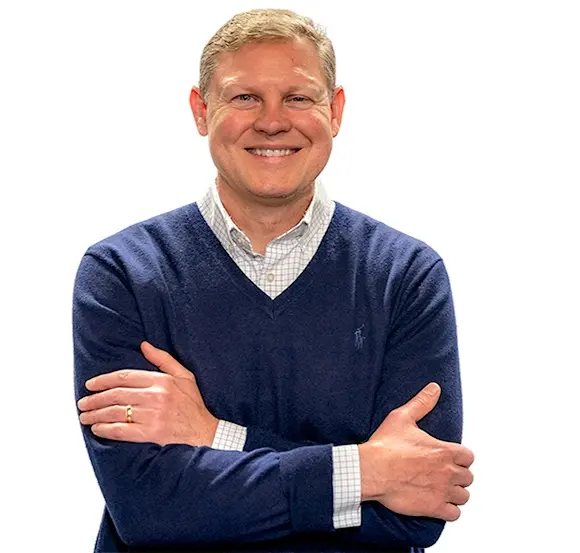
Director of Operations
Contact Information
427 West Washington Boulevard
Fort Wayne, IN 46802
